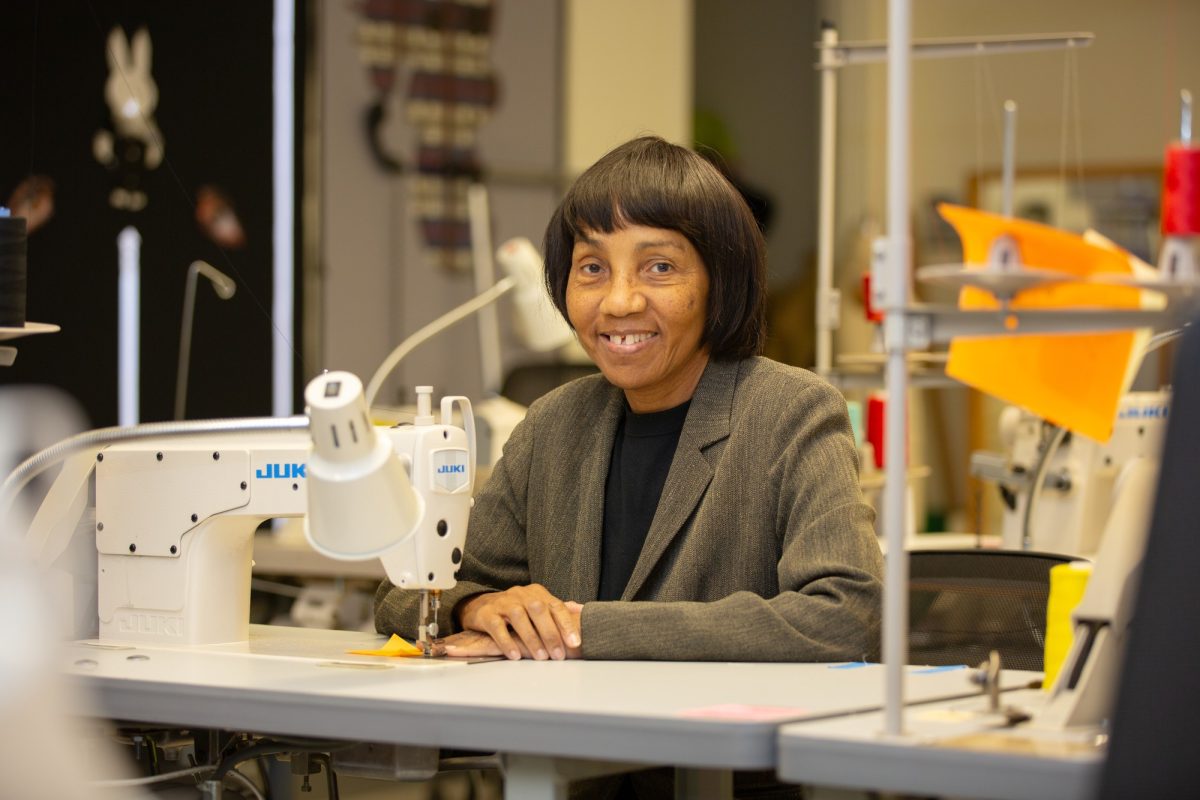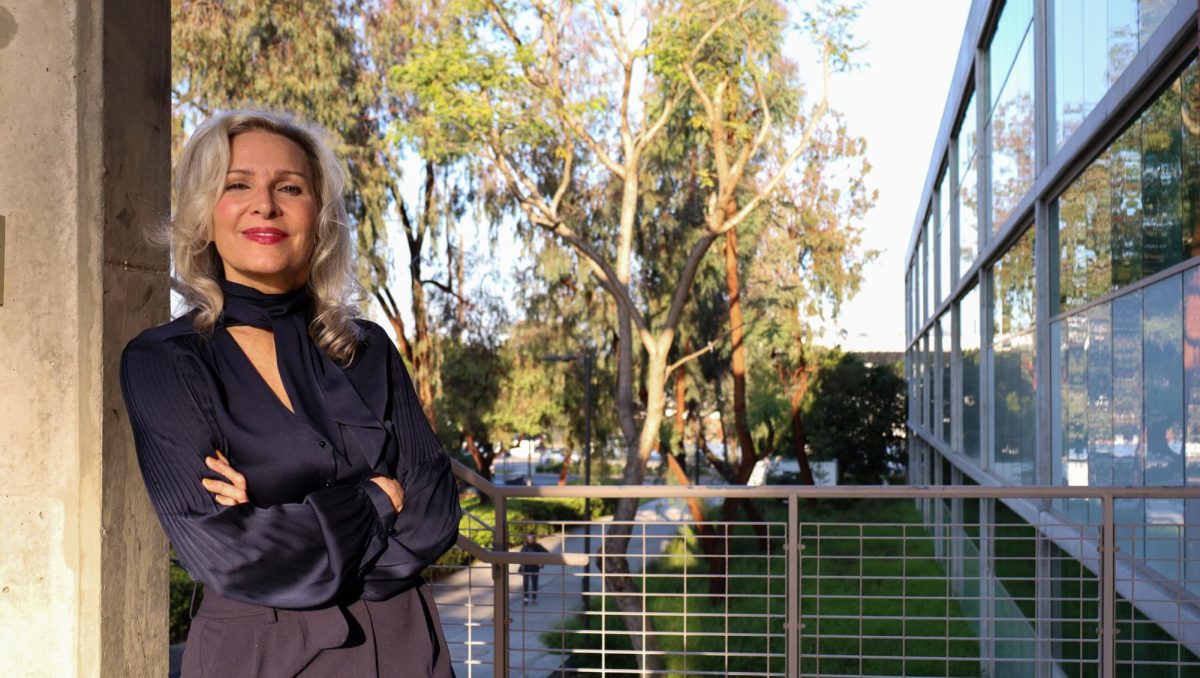Two hundred million.
That’s how many people now have a Facebook account.
“Facebook is an example of how technology influences the way in which we interact. It’s a technological change that is not going to go away,” Sue Dowden, professor of sociology, said.
Indeed, Facebook has been a part of the social networking revolution that includes MySpace, YouTube and Twitter.
Facebook is now a valid alternative to MySpace, and they both have their positives and negatives.
“I have both a MySpace account and a Facebook account, and I’d say MySpace does a lot of things better. Adding graphic art backgrounds, music and uploading pictures are done a lot better. But Facebook feels a lot more personal. You don’t get all of those fake friend requests like on MySpace, and it feels a lot more professional. I also like the Twitter-esque status updates, and the instant messaging is done a lot better than MySpace,” Chris Eyerly, undecided major, said.
Not everyone has such a positive outlook on Facebook though.
“I think Facebook has a more negative than positive impact on our society,” Ben Sin, 20, physical therapy major, said. “There are just way too many people who are addicted to it. That’s why I don’t have a Facebook account, because I don’t know whether I’d get addicted to it or not, and I don’t really think I need it too much to begin with.”
Some people think Facebook has a net positive effect on society, some people think it has a net negative effect.
Dowden doesn’t think it’s that simple.
“I don’t see it as a big bad thing. There are negatives, but that’s true of any community we belong to. But if you think about it as not being any better or worse, just different, than the question becomes; what are the differences we have to work with? Facebook, Myspace, or Twittering, are not bad in of themselves, what’s bad are behaviors for the people who misbehave in any community,” Dowden said.
Facebook presents more culural questions.
“We don’t know what the rules are, and we haven’t really caught up with what all the norms are that will guide this behavior, so we have a sense of culture lag. But as soon as we figure it out for Facebook, Twittering comes along,” Dowden said.
Dowden also said this culture lag presents serious challenges.
“This is a whole new field of addiction. We are seeing people who cannot function without checking their Facebook. But that person would have had the same problem with something else,” Dowden said.



